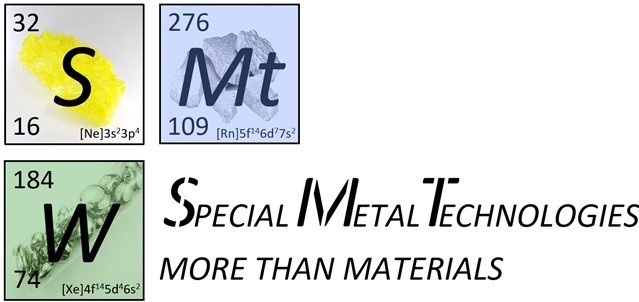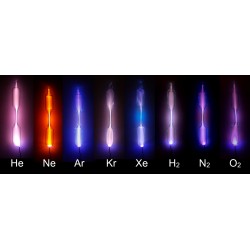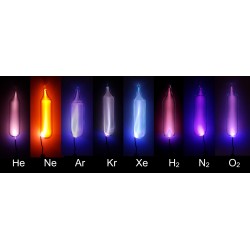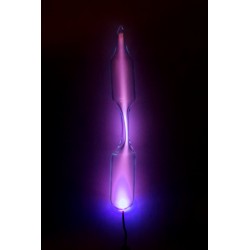Oxygen
Oxygen, with the chemical symbol O, is a vital element constituting approximately 21% of Earth's atmosphere. Discovered in the 18th century independently by the Swedish chemist Carl Wilhelm Scheele and the British naturalist Joseph Priestley, they recognized the gas's supportive role in combustion processes.
On Earth, oxygen ranks as the third most abundant element, making up about 46% of the Earth's crust. In its gaseous form, oxygen is crucial for the respiration of living organisms and for combustion processes. The applications of oxygen are diverse. In medicine, it is used in respiratory therapy and emergency medicine. In industry, oxygen supports combustion processes and is indispensable for metal production.
Future applications could emerge in the field of oxygen extraction on other planets or in space exploration. Additionally, oxygen might play a crucial role as a key component in advanced combustion technologies for sustainable energy generation. Oxygen remains not only essential for life on Earth but also holds potential for future developments in space exploration and energy production.






